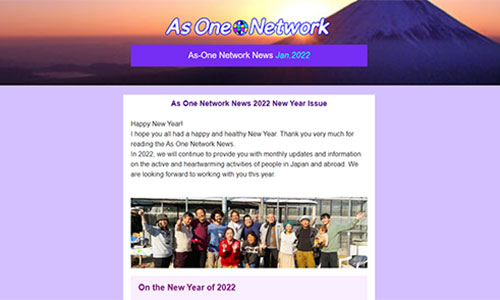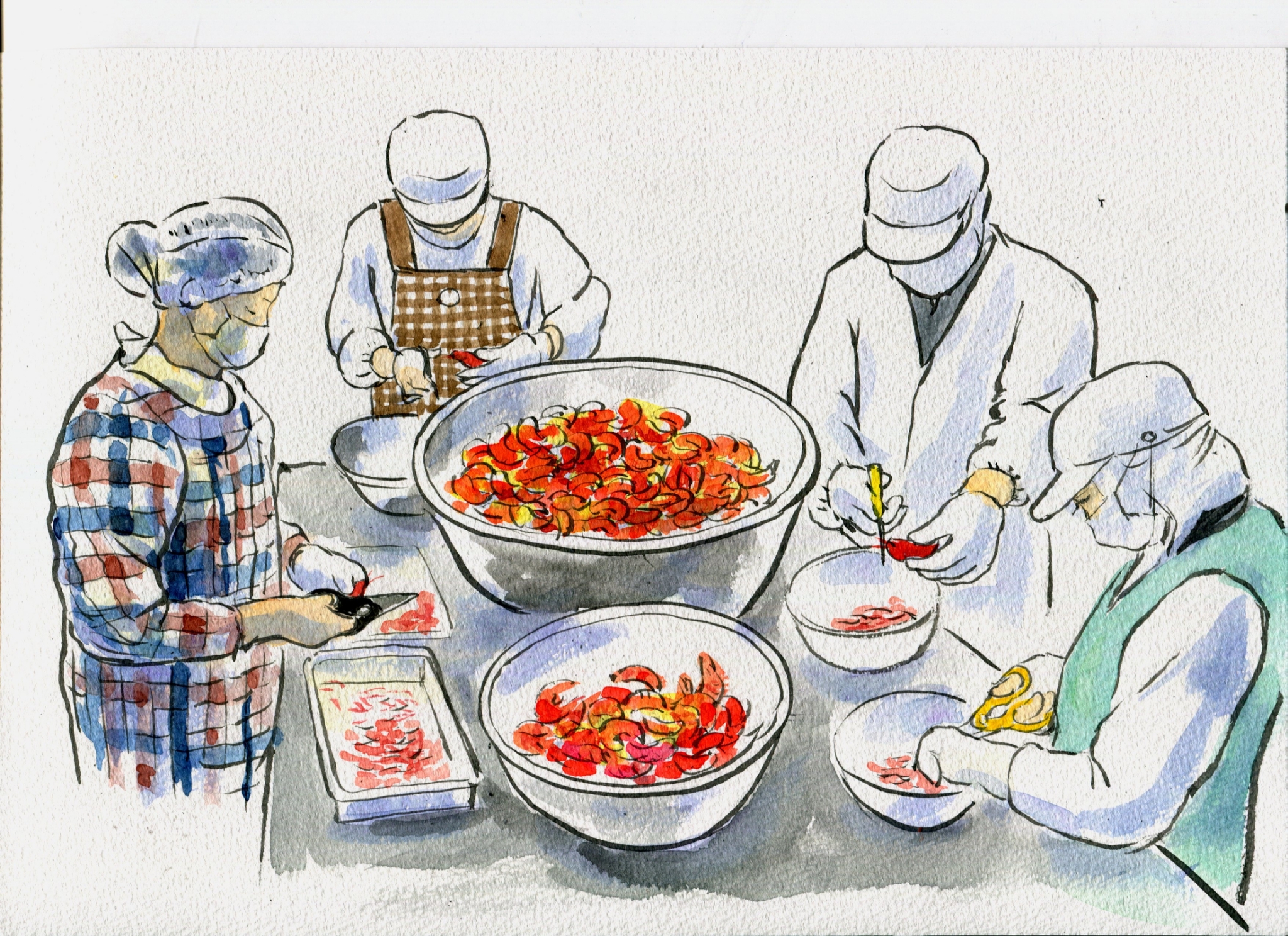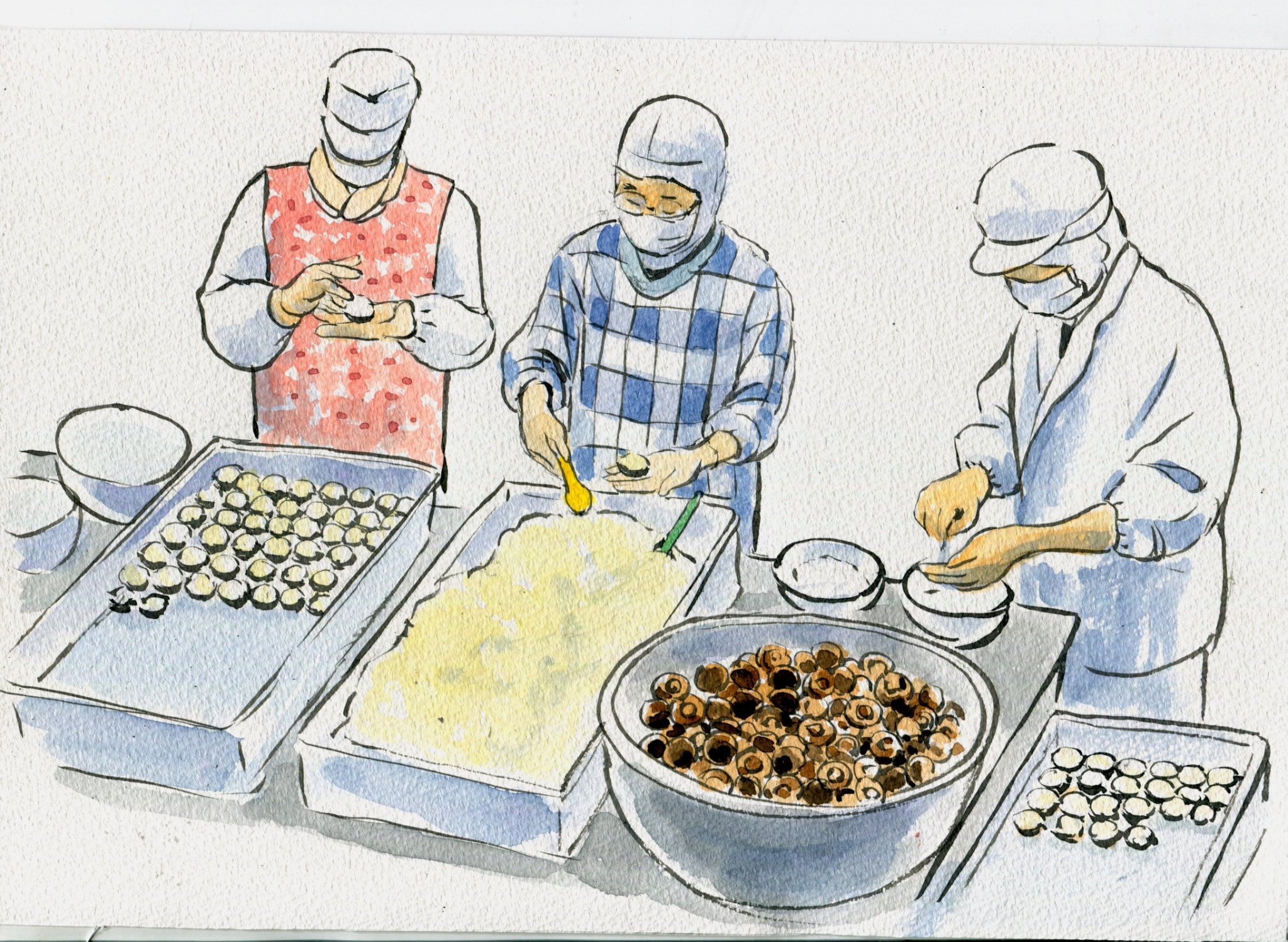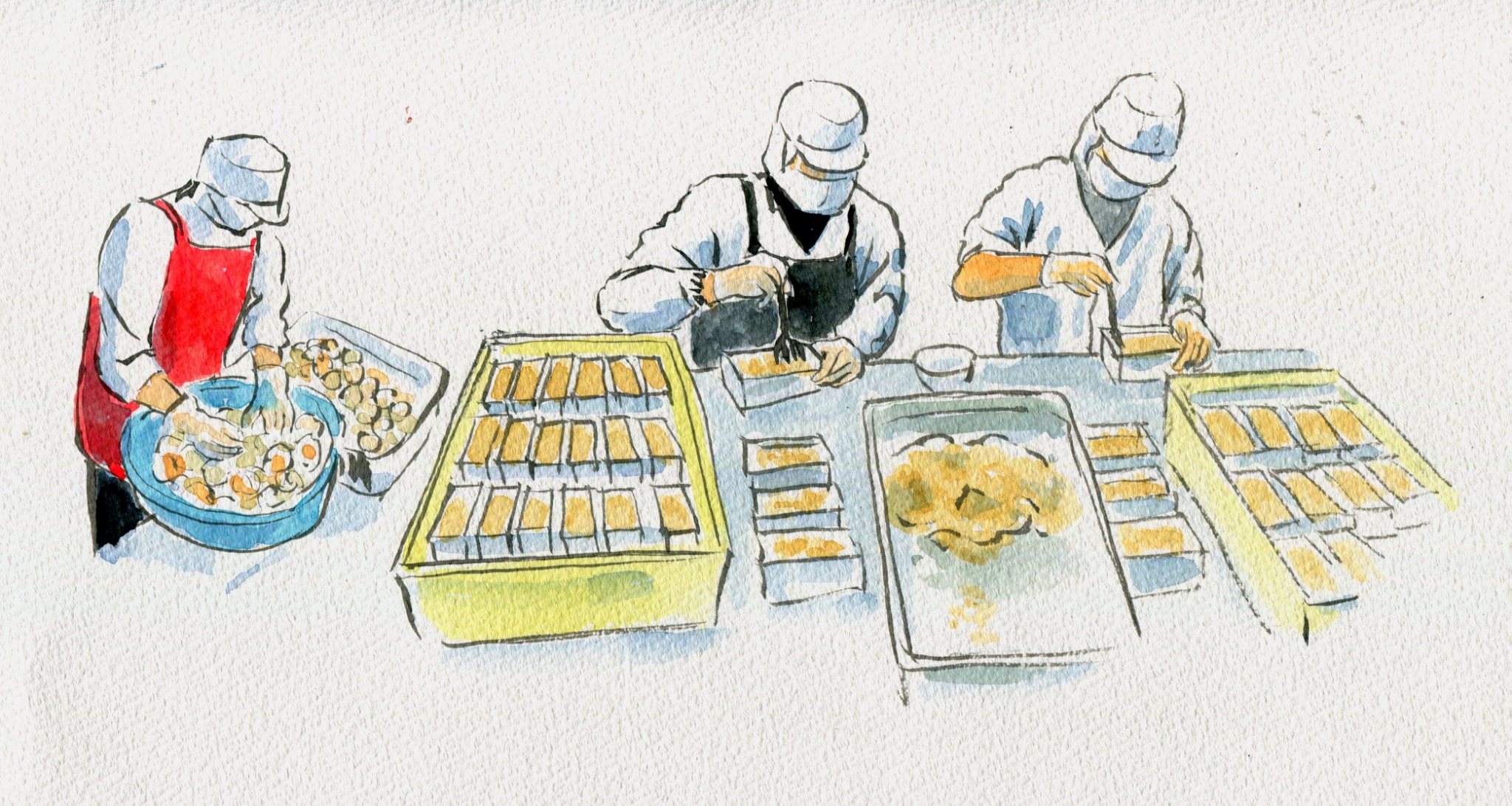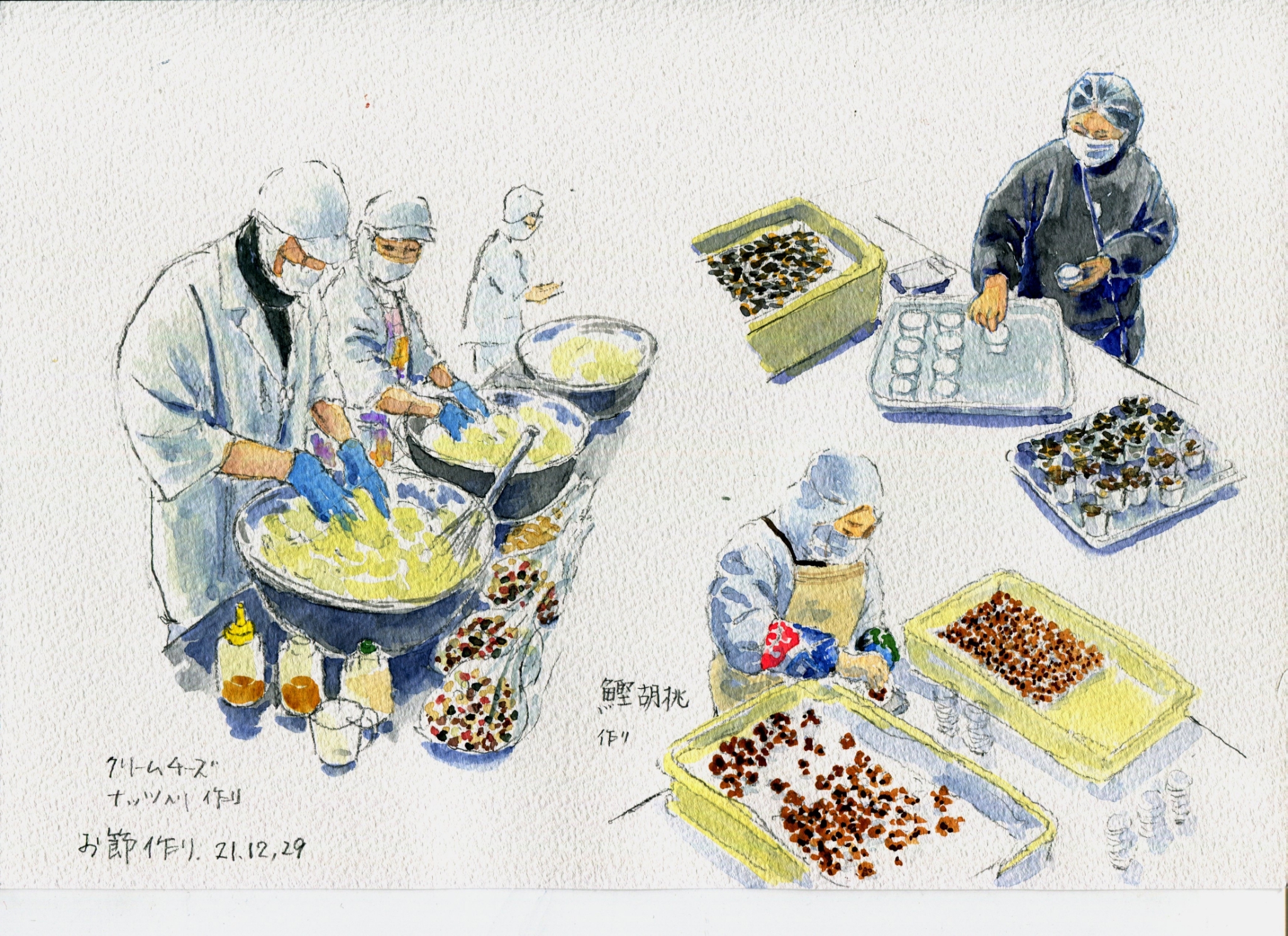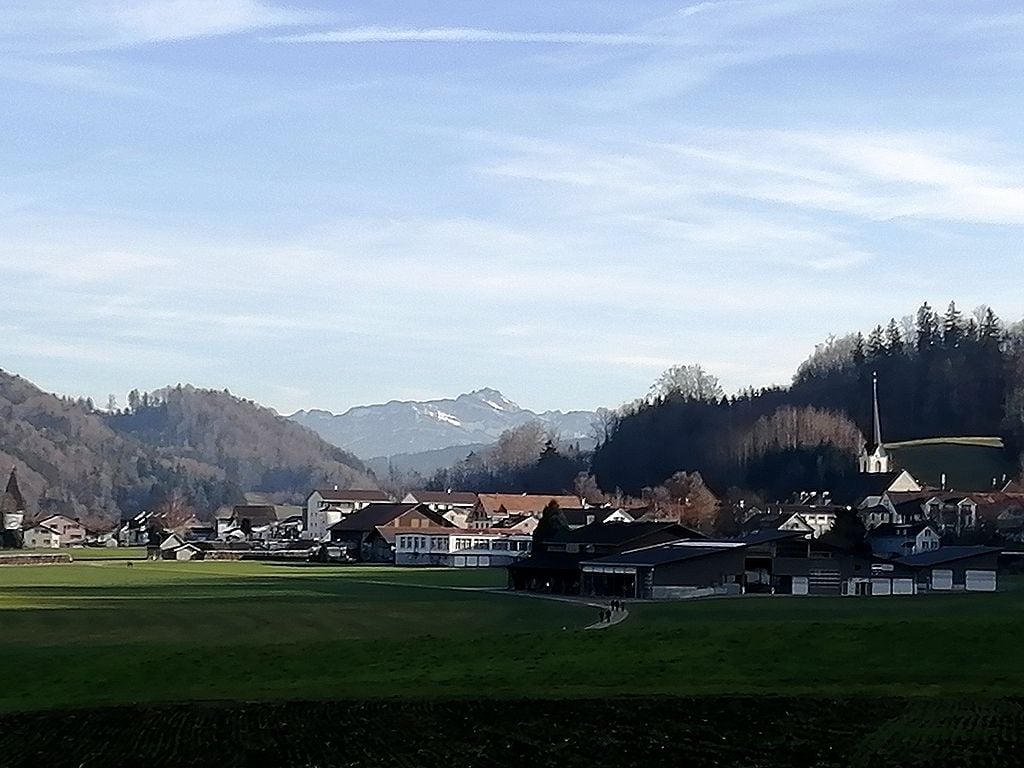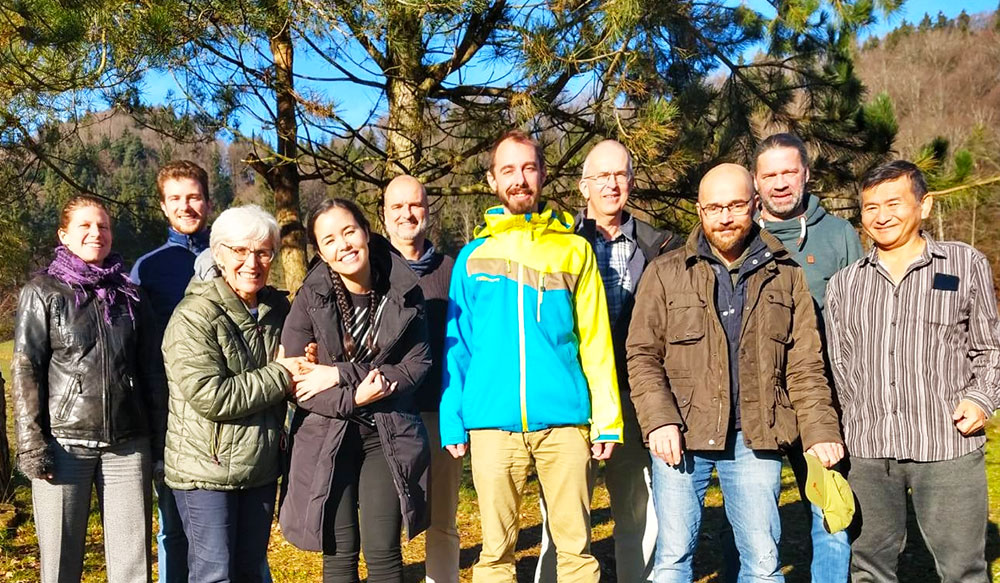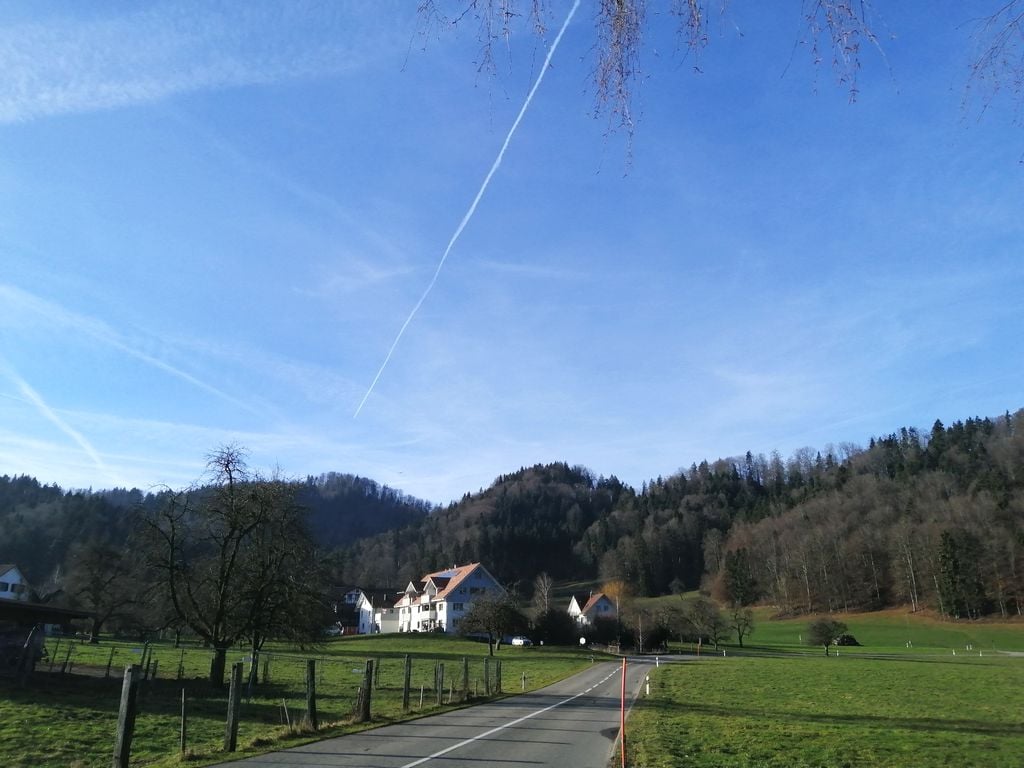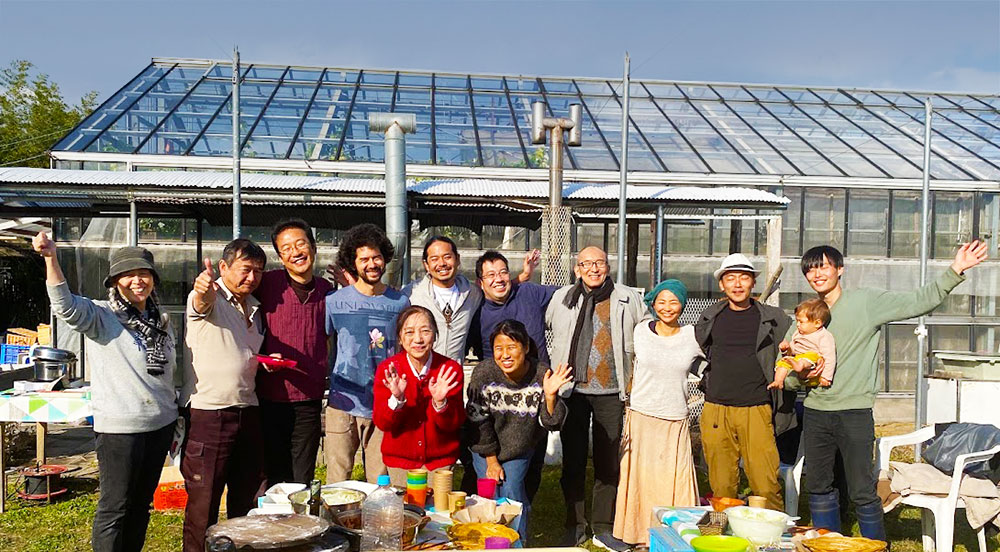Toward a Society Where People Can Live Gently and Without Conflict from their heart.
Masashi Ono, ScienZ Institute, Inc.
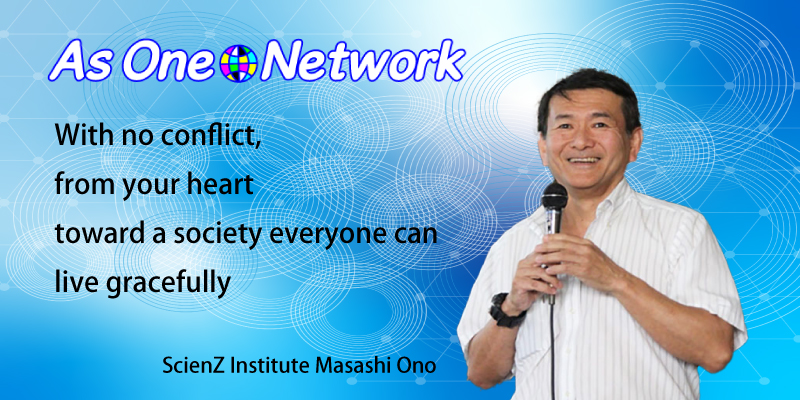 Chapter 1
5. motivation and drive alone won't do it!
Chapter 1
5. motivation and drive alone won't do it!
~Aware of the reality full of "fixed ideas".
After 20 years, the current As One Network Suzuka community, although still small in size, seems to have grown considerably in number of people, and its contents seem to have become much richer with various industries, various activities, and buildings in place. However, of course, not everything went well from the beginning. We have faced many problems and crises.
In 2001, I joined this group who were highly motivated people with high ideals, and then we started this project, but soon we faced with various problems.
Even among those of us who were aiming for an innovative community,when it came to human relations and society,we had lots of assumption with us, such as "this must be done" or "this is the way it should be done". Moreover, we were not aware of it at all. In other words, there were "assumptions," "fixed ideas," and "resrain" lying deep in our hearts. They were too common, and people around took them for ofcourse as well, so no one noticed them.
Of course, I myself was like that, and even now I am constantly questioning myself about it.
When I was in university (40 years ago), I began to question life and society, and having been involved in the student movement and the peace movement, I began to aspire to create an ideal society.
After graduating from university, I threw myself into a community called Yamagishi-kai and was active in it for about 16 years.
However, as the organization grew and various problems arose, I felt a gap and a deadlock with the ideal world, and I left the association at the end of 2000. Then I moved to Suzuka with a group of like-minded people I had met at the Yamagishi-kai to try once again to create an ideal society from zero, and started new activities. This was the beginning of what we now call the As One Network Suzuka Community.
We, a group of friends with pure hearts, had gathered, we were fully motivated and we could make use of our past experience of failures in community building, and we thought, "This time we can do it!" I was burning with ideal, and I began to take on various challenges: "Let's create a company in which everything is managed by communication without hierarchy," "Let's create an economy that doesn't need money," and "Let's create a truly free lifestyle.
However, we found that different opinions caused conflicts among us, as well as we noticed to bias the opinions based on whether the person can do the job or sepeak reasonably well.Also, money was often in short supply, and this put pressure on those who did not work, and it caused restraints, or it led to blame those who spent more money.... In fact, all sorts of human problems erupted.
The reality was far from "the ideal of a society, in which people can live gently and without conflict," and the people were confronted with this reality.
People are gathering together hoping for an ideal society, so why can't it happen? "Wishing for peace, we go to war!?" The same kind of problem as that state of affairs has reappeared!
That's when I realized the fact that I was full of fixed ideas, such as I was the one who said, "We all have to do what we have agreeded to do."
I had to face up to the fact of myself: "I said I would do it, and so I must do it," "Good at my job is good eoungh", "We should act with the whole picture in mind," "It is common to help each other when we are in trouble," and some others.
I also had to ask myself what it means to be "close"? What does it mean to be "happy"? What does "freedom" mean? I realized that while we say we "aim for such a society," in fact we don't really "know" what "closeness," "happiness," "freedom," really mean. In other words, it was as if we were blindly running without knowing the goal exactly.
I realized that motivation and pure feelings were not enough to create an ideal community.
We didn't have the perspective of "people who can do" community building.
I think it is very important for those who aspire to make communities, as well as for those who are trying to improve their workplaces and homes.
Are you a "can-do" person? It is the viewpoint of whether or not you are trying to become such person.
For example, even if a boy has a genuine wish and motivation to become a baseball player,his wish and motivation are not enough to become an active player, are they? I believe that a person can be active as a baseball player only after he goes through the path of developing basic physical strength, getting basic training, learning about baseball through practical experience, and in this way growing into a person who can "do" baseball.
However, in activities such as improving relationships, improving workplaces and neighborhoods, and creating communities, people tend to feel like they can do it if they are motivated and willing. However, it is only natural that if you are not a "can-do" person, you will not be able to do it.
For us, these realizations were a major turning point. What do we mean by "closeness," "happiness," and "freedom?" What causes conflict and
confrontation? What are fixed ideas? Where does it come from?
What is a "can-do" person? How can we grow into "can-do" people? In 2004, we established a research institute called the "ScienZ Institute" in order to conduct full-scale research on these issues.
We then began to reexamine human beings and society from zero, and to accumulate research and practice. We began researching the elements of what makes a " can-do" person, and moved to establish the "ScienZ School" (2006) as a human resource development institution to help people grow into "can-do" people.
6. Breaking free from the prison of fiction
~Beyond the binding of "ought" and "should"
Earlyer,I mentioned why people can not exercize their abilities toward themselves and societies inspite of their great imagination and creativity. I believe the reason why people have deep "assumptions," "fixed ideas," and "resignation". I would like to think about that a little more.
Yuval Noah Harari, historian and author of "The Complete History of Sapiens," a book that has become a hot topic in Japan, says, "As individuals, we are very weak, but we were able to prosper as we do today because we were able to use fiction. In other words, by sharing fiction, large groups of people were able to work together and have great power.
Chimpanzees and Neanderthals could only work together with about 150 others they knew, whereas humans can work together with a large group of strangers by sharing fictions.
Fiction is something that does not exist in reality. For example, countries, laws, human rights, rights, obligations, responsibilities, institutions, possessions, money, religion ・・・・.
In more familiar terms, money, promises, appointments, time, musts, shoulds, should nots, ought, usual, common sense, this way, people up and down...etc., these are all fictions, not things that actually exist. The list goes on and on.
What exactly does it mean to share a fiction? For example, money. Suppose here is a 10,000 yen bill. If you negotiate with a chimpanzee, "I will give you a 10,000 yen bill in exchange for the banana you are holding," it will not show any interest. To them, it is just a piece of paper. But as soon as the fiction of money is accepted between human beings, it suddenly looks valuable, and they will start using it as a material for exchange.
By sharing the fiction of a country, people who have never met can say to each other, "Go, Nippon! The result is that 130 million people can work together under the name of Japan.
On the other hand, in today's society, fiction has become absolute and fixed, and people have become subject to fiction, which binds people, separates them, and causes various human problems and conflicts. Being "driven by money," "bound by rules," "pressed for time," etc. are prominent examples of this. We are bound by the fiction that we have created, and this is a state of self-imposed bondage. It could be said that we cannot escape from the prison we have created.
This is not to say that fiction is bad, harmful, or should be eliminated. It is a wonderful ability of human beings to share and collaborate with fictions, and I think we need a new way to use intelligence that is not bound by fictions (see Chapter 1, Section 8).
When we are building a community, or trying to get some project or activity going in earnest, the relationship between people becomes closer and closer.
This can lead to the start of various binding relationships, which can develop into various conflicts and confrontations. On the other hand, it can also give rise to reservations, forbearance, and other separations. For example, "That person doesn't do what he/she said he/she would do," "He/she is on duty and doesn't do it."
"That person doesn't clean up the tools he/she used," "That person doesn't do what we all decided to do and does it selfishly," etc.
There may be people who blame others for these things, and disputes may
arise. Also, if you are trying your best to fit in with the people around you, trying not to be blamed, the situation may seem to be well managed, but it will not be comfortable, and those who are trying their best to do so will likely have bad feelings toward those who do not do so.
This is because the fictions that bind oneself and others, such as "If you say you will do something, you should do it responsibly," "If you are on duty, it is normal to do it," "You should clean up after yourself what you use," and "You should follow what everyone else decides," are unconsciously held within each person as "common sense" and "normal. The reason for this is that they have been created in our minds. It is a state of self-obsession, where bad feelings and confrontations arise toward those who don't do or follow the rules.
If you are the only one who is being fixed, it is easy to realize that you may be the only one who is being fixed, but if everyone else is also being fixed, you are under the illusion that what you "should" be doing is real. It's natural," "that's what people do," "that's what everyone does," and so on. And then, we blame others and end up in a state of conflict and struggle. . In this way, a prison of fiction is created. Fixed fictions end up destroying the relationships in the
community. The opposite of what we wish for happens.
Observing the current situation in which people themselves are bound by the fictions that they themselves have devised, we can say that they do not know how to handle the "human idea. In other words, we are unable to use our wonderful abilities, and we are instead tied down by those abilities. From this perspective, a method was found to free oneself from the fiction that binds oneself and others created by "human thinking" and to fully demonstrate one's abilities. This is the ScieneZ Method, which will be introduced in the next section.
What will happen when we are no longer bound by fiction?
When we are freed from the world of "this is the way it should be" and "this is the way it is supposed to be," we can clearly see that both we and our partners have intentions, wishes, and hopes. By honestly communicating these to each other, and by listening to and trying to understand each other's wishes and desires, I believe that a world of heart-to-heart discussions can be realized. We see a light and cheerful relationship between people that is free of pressure and restraints, such as blaming, making people do things, or making them stop, such as "I wanted you to do that," "I want you to do that," or "I want you to put away the tools after use.
I think the base of community building is conversation. (See Chapter 2, Section 2.) I believe that the exchange of one's true feelings within oneself, rather than the exchange within the confines of a fixed fiction, will lead to comfortable and smooth conversations.
(Continued in next issue)
